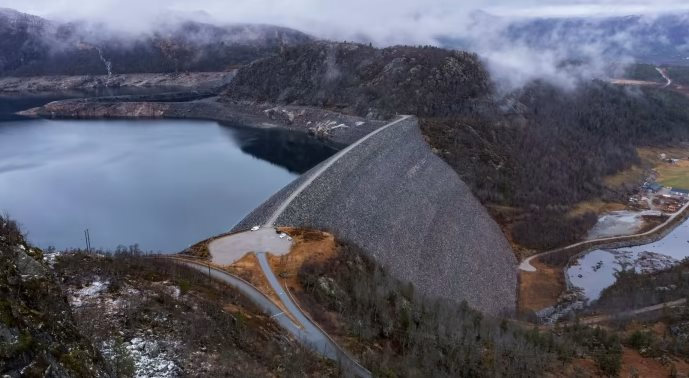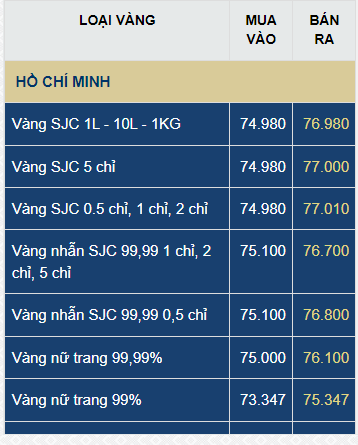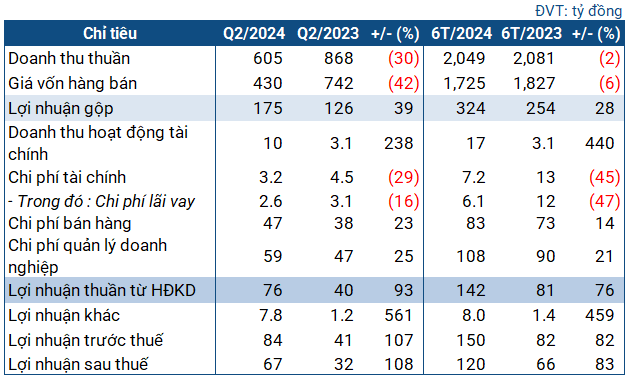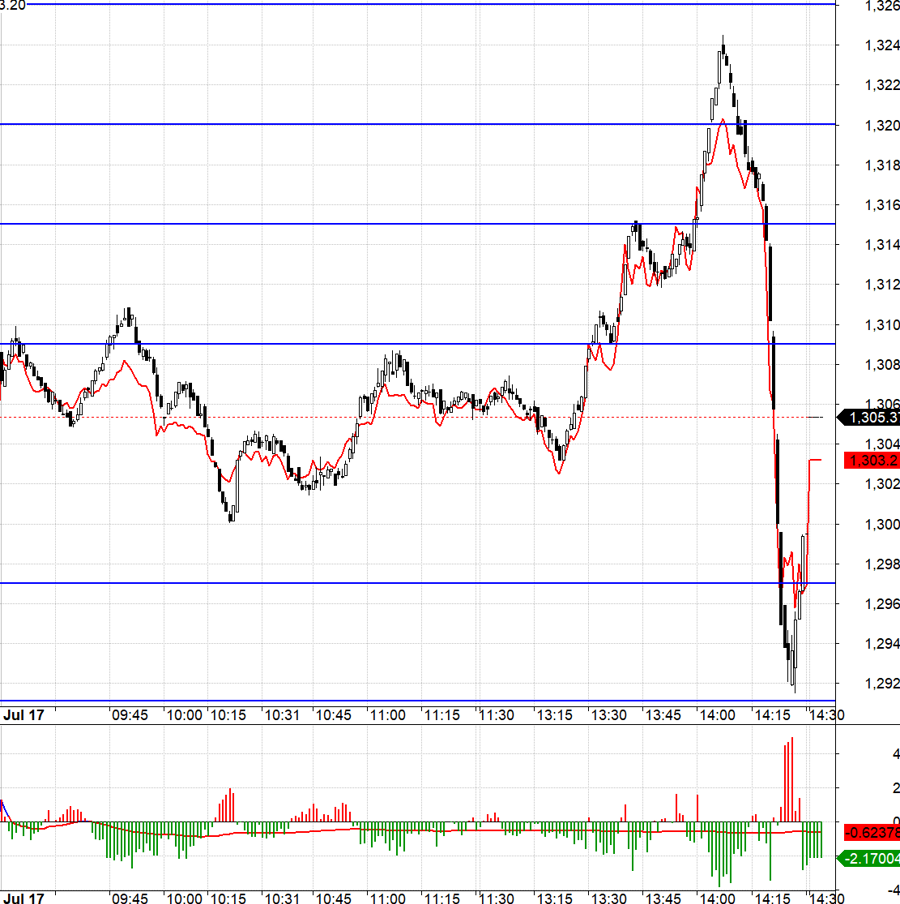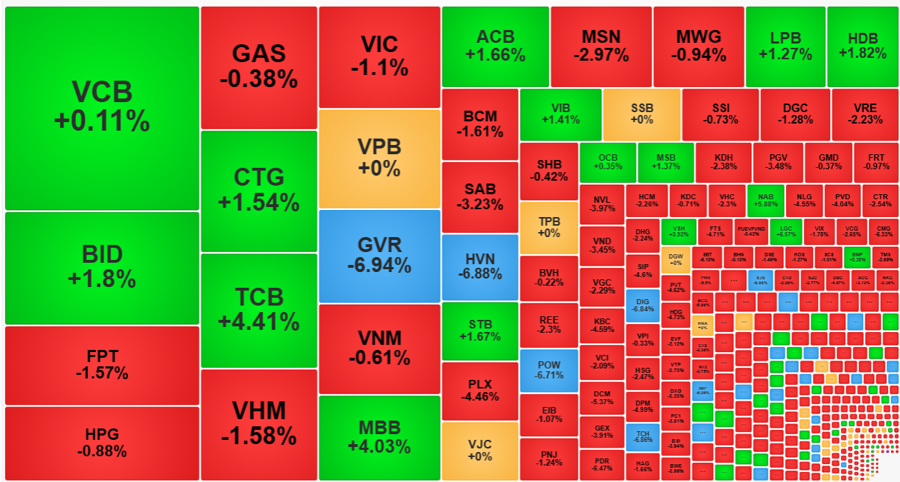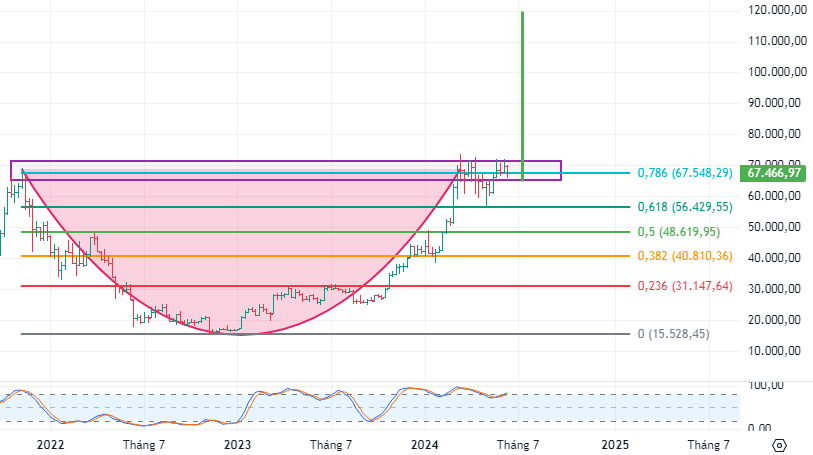Mr. Le Van Binh, Deputy Head of the Land and Environment Department, Ministry of Natural Resources and Environment, emphasized this at the seminar: “The Land Law 2024: Legal foundation for the new development phase of the real estate market in Vietnam” held on the afternoon of January 31, 2024, organized by the Vietnam Economic Magazine/VnEconomy and the Resource and Environment Communications Center, Ministry of Natural Resources and Environment.
31 CASES OF STATE LAND RECOVERY
At the 5th extraordinary session, the 15th National Assembly passed the amended Land Law with many important new points that are the legal foundation for the new development phase of the real estate market in Vietnam.
The Land Law is expected to solve legal obstacles to effectively exploit land resources; remove difficulties for enterprises and projects; contribute to the development of a transparent and sustainable real estate market. The provisions of the Law will directly and indirectly impact the real estate market in the future, Mr. Binh said.
Highlighting the new points of the amended Land Law that the National Assembly has just passed and its impact on the market, Mr. Binh said that the Law has specifically stipulated 31 cases of State land recovery to develop socio-economic sectors for the national and public benefits (Article 79). State will recover land in these cases for projects: construction of public works; construction of state agencies’ headquarters, judicial works; other cases, including various criteria groups such as: housing, production areas, land development fund, mineral resources, underground works, and cases of State land recovery for auction, bidding to increase budget revenue…
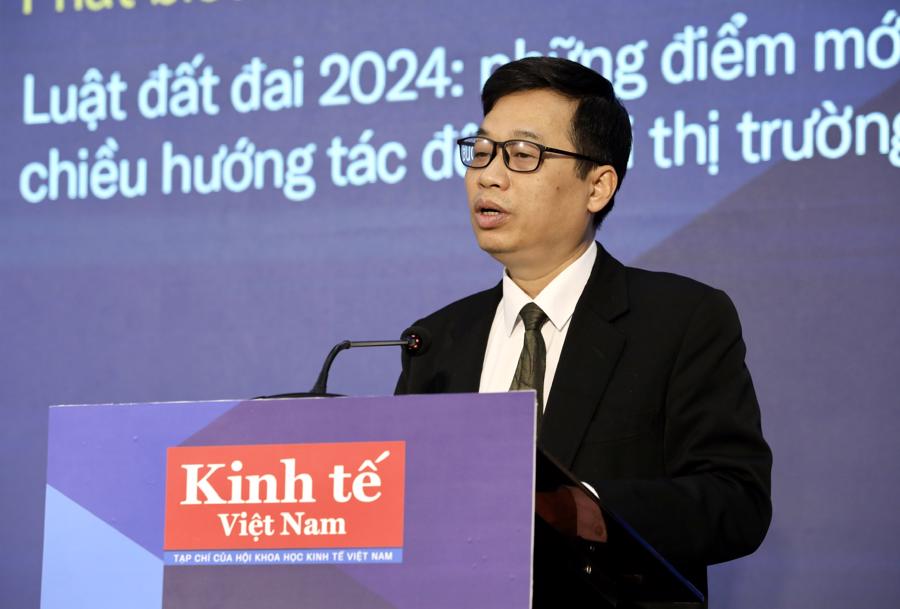
With 31 specific cases of State land recovery for socio-economic development for national and public benefits, it has basically covered all necessary cases for socio-economic development for national and public benefits. In which, item 27 stipulates the case of State land recovery to implement investment projects in the construction of mixed-use urban areas, synchronously with technical infrastructure, social infrastructure along with housing according to the construction regulations for construction, renovation, and urban beautification; rural residential projects. This is a provision directly related to the development of the real estate market.
In addition, to ensure that there are actually necessary cases of land recovery but not yet stipulated in this Law, at Article 32 of Article 79 stipulates that in other cases, the National Assembly will amend and supplement cases of land recovery in this Law in order, streamlined procedures.
In Article 87, the Land Law also specifically stipulates the procedure for land recovery for socio-economic development for national and public benefits with many new points to ensure democracy, objectivity, fairness, transparency, timeliness, and compliance with legal provisions; for sustainable, civilized, and modern development of communities and localities.
The Land Law is expected to solve legal obstacles to effectively exploit land resources; remove difficulties for enterprises and projects; help the real estate market develop in a transparent and sustainable manner.
In Article 91, the Land Law has also specified principles of compensation, support, and resettlement when the State recovers land, including the principle: Compensation for land is carried out by transferring land with the same intended use as the type of recovered land; if there is no land for compensation, it will be compensated with money according to the specific land price of the recovered land type decided by the authorized Provincial People’s Committee at the time of approving the plan, compensation, and resettlement.
For people with recovered land if they have a need and the locality has conditions for land fund, housing fund, they will be considered for compensation with other land of a different purpose than the recovered land type or housing. The resettlement area must meet the conditions of synchronous technical infrastructure, social infrastructure according to the detailed planning, suitable with the local customs, traditions, and practices. The approval of the compensation plan, support, and resettlement and the arrangement of resettlement must be completed before the decision to recover land. The compensation price is the specific land price (point e, paragraph 1 of Article 160).
Regarding the right of access to land of real estate projects, the Land Law has regulations on cases: “transferring land, leasing land through auctioning the land use rights” (Article 125) for “clean land” established by the State; or “transferring land, leasing land through bidding to select investors to implement investment projects that use land” (Article 126) for “land that has not been cleared” in which investors winning bids are responsible for providing capital to implement compensation, support, and resettlement as required by the competent state agency, including cases of bidding for projects specified in item 27 of Article 79 that the provincial People’s Council decides to transfer land, lease land through bidding to select investors to implement investment projects that use land.
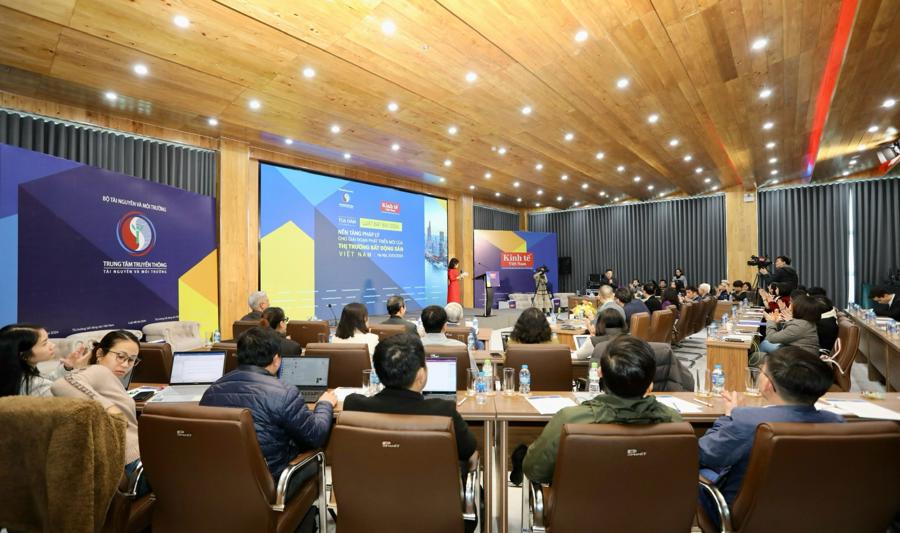
In addition, real estate investors are allowed to access land in accordance with the regulations on changing the land use purpose when having land use rights or residential land and other land if they have the conditions to implement the project themselves, in accordance with the planning (paragraph 3 of Article 122, paragraph 6 of Article 127); agreement on receiving the right to use land for residential purposes (item b, paragraph 1 of Article 127)…
LAND PRICE TABLE TO BE ESTABLISHED EVERY YEAR
To complete the financial policy on land, principles of determining land prices according to market principles, the checking, and supervision mechanisms of the Central Government and People’s Councils in building the land price table, Mr. Binh said that the Land Law 2024 has abolished the provision on the land price frame of the Government; specifically stipulating the principles, basis, methods of land price calculation.
The Law stipulates that the land price table will be established annually, and the first land price table will be announced and applied from January 1, 2026, being adjusted, amended, and supplemented from January 1 of the following year; building the land price table according to the value areas, standard plots of land for areas with digital cadastral maps and land price database.
Specific regulations on the timing of land price determination, timing of land use charges, land rent for each case of land transfer, land lease, permission to change the land use purpose, land use extension, change of land use form, adjust land transfer, land lease decisions that change the area, land use purpose, land use term.
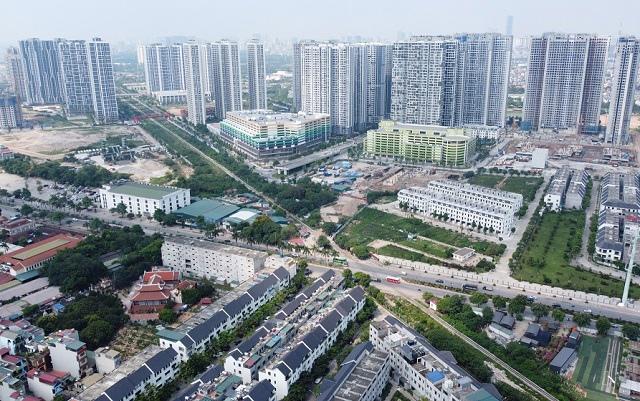
At the same time, it stipulates that the competent People’s Committee must issue a specific land price decision within a period not exceeding 180 days from the time of land price determination for cases of land transfer, land lease, permission to change the land use purpose, land use extension, land use adjustment, land transfer, land lease adjustment, detailed construction planning adjustment;…
For the case of applying land prices in the land price table to calculate land use charges, land rent, the competent People’s Committee must record the land price in the land transfer decision, land lease, permission to change the land use purpose, land use extension, land use adjustment.
Supplementing the regulation of annual land rent applied stably for a 5-year cycle. Land rent for the next cycle is calculated based on the land price table of the year determining the next land rent.
If the land rent increases compared to the previous cycle, the land rent must be adjusted, but not exceeding the ratio specified by the Government for each phase. The adjustment ratio determined by the Government for each phase does not exceed the national average Consumer Price Index (CPI) of the 5-year preceding period.
Decentralize the authority to decide specific land prices for the chairman of district-level People’s Committees to decide specific land prices for cases of land transfer, land lease, permission to change the land use purpose, recognition of land use rights, land use extension, land use adjustment, determine the starting price for auctioning land use rights, transfer in land, adjusting detailed construction planning, land recovery under the jurisdiction of the district-level People’s Committees.
According to Mr. Binh, the Law has specifically stipulated methods of land price calculation including: comparison method, income method, residual method, and land price adjustment factor method, and also the government is allowed to stipulate other methods of land -price determination than the above 4 methods after being agreed by the Standing Committee of the National Assembly; stipulating the cases, conditions for applying the method of land price determination; the case of applying the land price determination method to determine specific land prices with results lower than the land price in the land price table, then the land price in the land price table will be used.
In addition, the Law abolishes the provision on the Government issuing the land price frame, giving the authority to localities to issue the land price table. Expand the cases where the land price table is applied to simplify administrative procedures, save time for some cases that must determine land prices. Delegate the authority to the chairman of district-level People’s Committees to decide specific land prices for cases of land transfer, land lease, permission to change the land use purpose, recognition of land use rights, land use extension, determining the starting price for auctioning land use rights, transferring land, adjusting detailed construction planning, and land recovery under the jurisdiction of district-level People’s Committees.
7 new issues of the amended Land Law:
About planning, land use plans
About land recovery; compensation, support, and resettlement when the State recovers land
About land transfer, land lease, permission to change the land use purpose
About land registration, issuance of land use rights certificates, ownership rights attached to land
About land finance, land price
About the rights and obligations of land users
Promote decentralization, devolution of authorities in State land management



